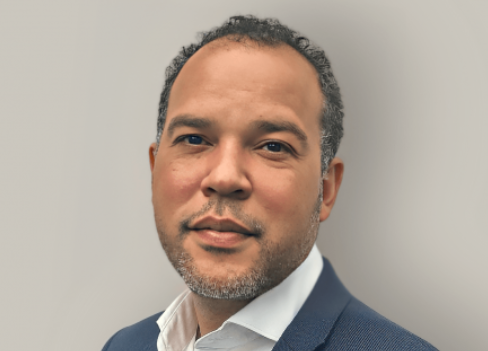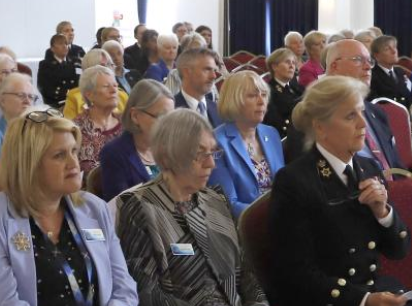The Women’s Royal Naval Service (WRNS) Benevolent Trust is to operate as a wholly owned subsidiary of the Royal Navy and Royal Marines Charity (RNRMC).
The move has been backed unanimously by Trust members at an extraordinary general meeting of the trust.
The decision comes amid a decline in beneficiaries at the Trust, after WRNS was integrated into the Royal Navy 30 years ago.
Both charities already have a track record of collaboration and have Princess Anne as their patron.
A factor in the move is to reduce running costs to the last of its remaining beneficiaries, the youngest of whom are expected to live for 40 to 50 years.
By January 2024 the day-to-day management, benevolence and back-office functions of the Trust will migrate across to the RNRMC.
As part of the move the WRNS Benevolent Trust will keep its name and retain its own trustee board, with the inclusion of a RNRMC representative.
“I am delighted that our members have whole heartedly endorsed our proposal, as our board of trustees has worked extremely hard over the last two years to come up with the proposal,” said the Trust’s chair Heather Rimmer.
“Our new relationship with the RNRMC will secure the future benevolence of the Trust and ensure business as usual."
RNRMC chief executive Andrew Jameson added: “I am absolutely thrilled the WRNS BT have decided to strengthen the relationship with the RNRMC. By doing so, I have no doubt the Central Committee of the WRNS BT will be able to continue the wonderful support for WRNS members; and as the new charity partner, the RNRMC is also determined to honour the service of WRNS for many years to come.”
Jameson became RNRMC chief executive earlier this month after serving as a trustee on its board.
Latest News
-
King visits charity founder days before she dies to invest her as a Dame
-
2025: Most-read opinion, diaries, Q&As and more
-
Arrests made in global charity donation theft probe
-
2025: Most-read news
-
Regulator probes ‘serious and significant’ safeguarding failings at Christian charity
-
Government seeks experts to join Civil Society Covenant body
Charity Times video Q&A: In conversation with Hilda Hayo, CEO of Dementia UK
Charity Times editor, Lauren Weymouth, is joined by Dementia UK CEO, Hilda Hayo to discuss why the charity receives such high workplace satisfaction results, what a positive working culture looks like and the importance of lived experience among staff. The pair talk about challenges facing the charity, the impact felt by the pandemic and how it's striving to overcome obstacles and continue to be a highly impactful organisation for anybody affected by dementia.
Charity Times Awards 2023
Mitigating risk and reducing claims

The cost-of-living crisis is impacting charities in a number of ways, including the risks they take. Endsleigh Insurance’s* senior risk management consultant Scott Crichton joins Charity Times to discuss the ramifications of prioritising certain types of risk over others, the financial implications risk can have if not managed properly, and tips for charities to help manage those risks.
* Coming soon… Howden, the new name for Endsleigh.
* Coming soon… Howden, the new name for Endsleigh.
Better Society

© 2021 Perspective Publishing Privacy & Cookies











Recent Stories